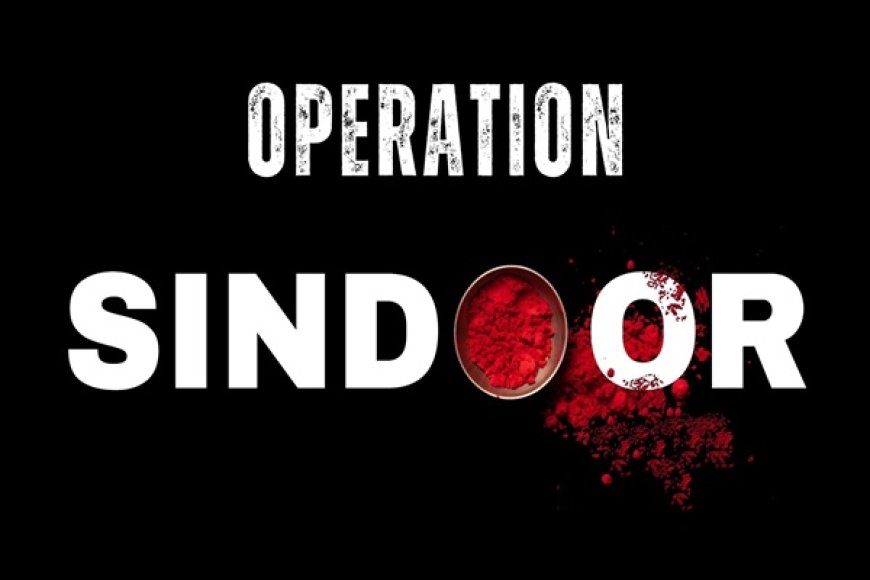"India-Pakistan Conflict Enters New Era with First Drone War"
India and Pakistan have entered a new phase in their long-standing conflict with the first drone war marking a historic shift in military strategy. This article explores the implications, tactics, and regional impact.

New Delhi/Islamabad – In a dramatic escalation of regional tensions, India and Pakistan have found themselves embroiled in what is being termed the first-ever drone war in South Asia. The conflict, which has simmered for decades over territorial disputes, particularly in Jammu & Kashmir, has now entered a technologically advanced phase marked by drone strikes, surveillance operations, and remote warfare.
The first major drone engagement reportedly occurred near the Line of Control (LoC) last week. According to Indian defense sources, an armed Pakistani drone crossed into Indian territory and attempted to strike a forward base in Poonch. The drone was intercepted and shot down by India's air defense system. In retaliation, Indian forces deployed their own surveillance drones, followed by precision strikes on suspected launch pads across the border.
Pakistan has denied initiating drone warfare, calling the Indian response a "gross violation" of its sovereignty. In a statement from Islamabad, the Pakistani military accused India of escalating tensions through unprovoked drone attacks. Both sides have since ramped up aerial surveillance and are reportedly deploying advanced drones capable of high-altitude reconnaissance and precision targeting.
Experts warn that this marks a dangerous shift from traditional ground-based skirmishes to a high-tech war zone. Drones allow for attacks without risking soldier casualties, but also raise the specter of miscalculation and accidental escalation. “The use of unmanned aerial vehicles changes the rules of engagement,” says Dr. Kavita Rao, a defense analyst in New Delhi. “It reduces the human cost but increases the political risks significantly.”
This development is particularly concerning given the history of flashpoints between the two nuclear-armed neighbors. The 2019 Pulwama-Balakot crisis had already demonstrated how quickly tensions can spiral. Now, with drones added to the arsenal, the threshold for retaliation may be dangerously low.
In addition to the military implications, the drone war is sparking fears among civilians living near the LoC. Several villagers have reported loud buzzing sounds and panic over unidentified flying objects. Authorities on both sides have advised residents to stay indoors during alerts and avoid filming or approaching downed drones.
Meanwhile, global powers including the United States and China have called for restraint. A joint statement from the UN Security Council urged India and Pakistan to engage in dialogue and avoid actions that could destabilize the region.
As drone warfare continues to evolve, it presents new challenges in terms of international law, sovereignty, and ethics. This first drone conflict in South Asia may well set a precedent for how modern wars are fought—not by boots on the ground, but by machines in the sky.
What's Your Reaction?


























































